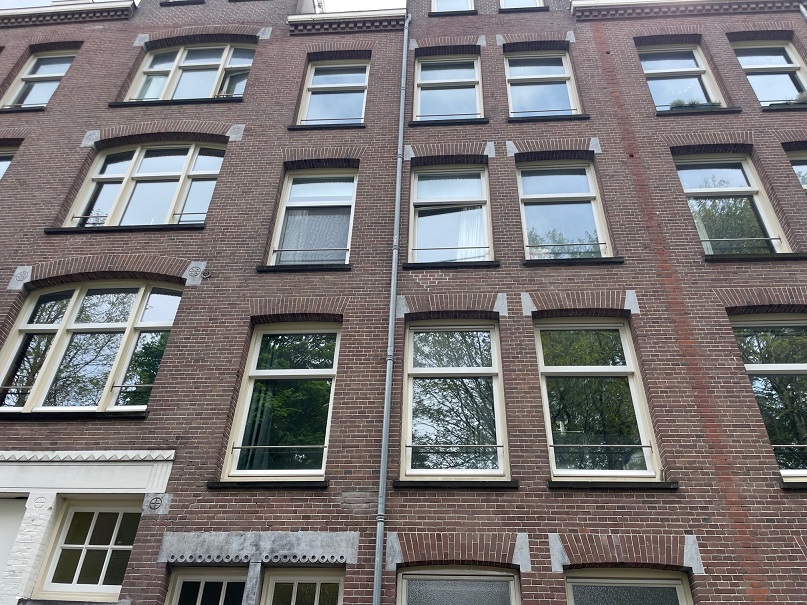What if the appraisal value is higher than the purchase price? An interesting scenario that could have implications for buyers, sellers and mortgage lenders. In this article, we explore the implications and offer useful insights for dealing with this situation. Find out how to take advantage of a higher appraisal value and overcome any challenges.
The appraisal value is higher than the purchase price, now what?
It often happens that an appraisal value is higher than the purchase price. Not to fear, this has basically no negative consequences for you as a buyer. What’s more, if the difference is large enough, it may even mean that you are scaled into a lower risk class as a result and may start paying a lower mortgage rate as a result.
Note! The notary is required by law to charge transfer tax on the market value of a property. If the notary gets the appraisal report from you too or the notary reads somewhere in the mortgage documents received that there is an appraisal value higher than the purchase price, he/she will have to have transfer tax on the appraisal value. So make sure you don’t share the appraisal value and the appraisal report anywhere with the notary (if it exceeds the purchase price).
What if the appraisal value is less than the purchase price?
As a buyer, it does become a problem if the appraised value is lower than the purchase price. This is because you cannot borrow more from the bank than the appraised value.
For sellers, a lower appraisal value can also have negative consequences. It can lead to negotiations on the sale price, where the seller may have to settle for a lower price or take additional measures to make the deal work. This can lead to frustration and disappointment, especially if the seller originally had a higher expectation of the value of the house.
It may also affect mortgage lenders. They are careful to lend based on the actual value of the property, as this limits their risks.
Do I then pay less transfer tax if the assessed value is LESS than the purchase price?
No, the notary levies transfer tax on the highest amount. If the purchase price exceeds the assessed value, the notary levies transfer tax on the purchase price.
What does the bank think if the appraisal value is higher than the purchase price?
If it is a big difference, the bank will ask the appraiser for an explanation as to why the appraised value is so much higher than the purchase price. Reasons for this may be, for example, because the secondary terms with which the purchase was made were very favorable. For example, because a purchase was made without financial reservation. Another reason may be that there was simply very good negotiation by buyer.
Need help with an appraisal?
So you now know what to do if the appraisal value exceeds the purchase price. Are you interested in an appraisal or would you like to receive more information about appraisals?
Please feel free to contact us if you have any questions or need help with your home appraisal. Together, we can ensure that you can make an informed decision about your mortgage and your home.

